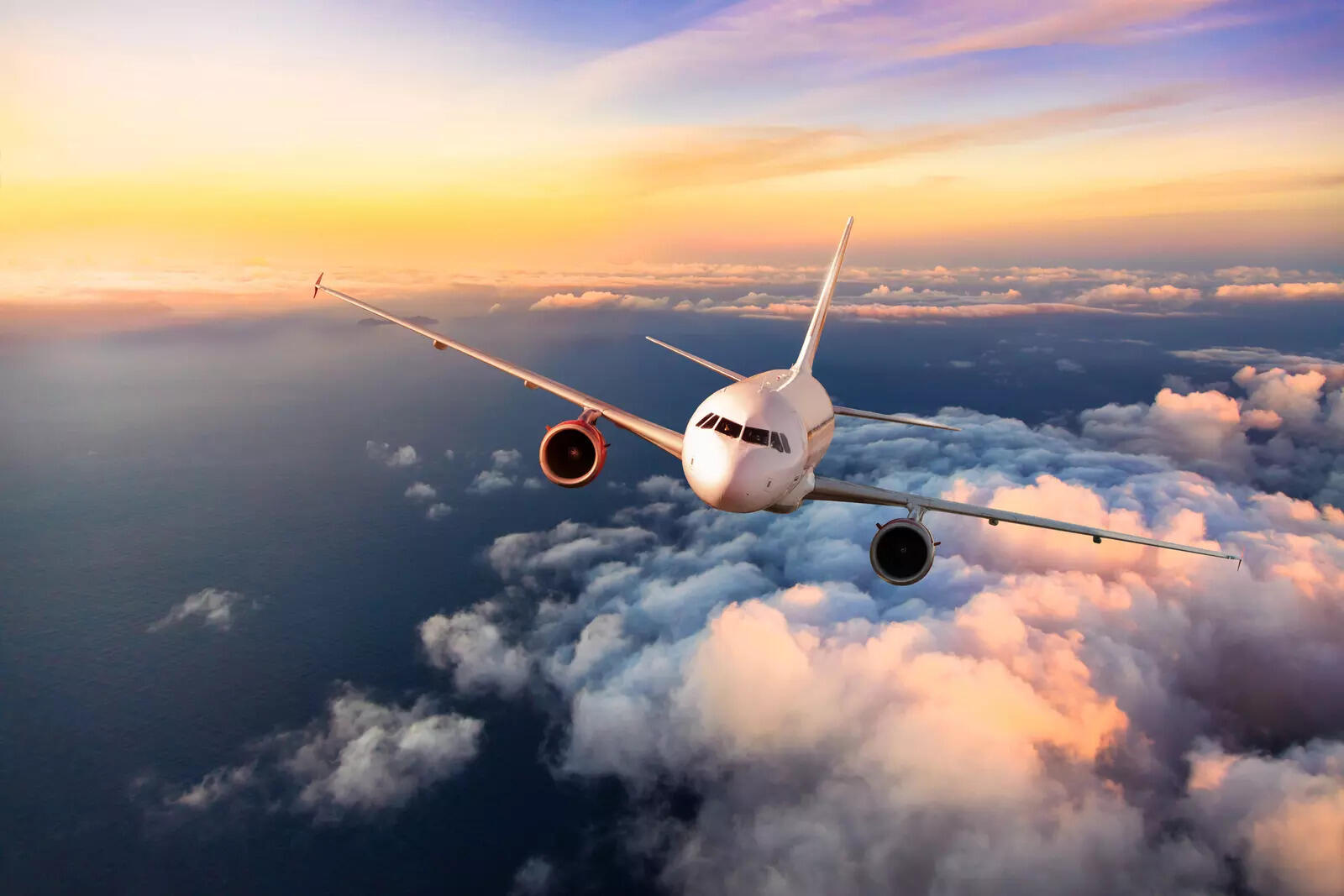
India has agreed to liberalise the air treaty with Kuwait which will allow carriers from both countries to operate 18,000 seats per week. The step comes 18 years after weekly capacity entitlements of each side were hiked from 8,320 to 12,000 seats.
The new agreement was signed yesterday at New Delhi between the delegations of two countries led by civil aviation secretary Samir Kumar Sinha and Sheikh Hamoud Al-Mubarak, president of Kuwait’s Directorate General of Civil Aviation.
People aware of the development said that there has been a long demand to enhance seats between the two countries as airlines of both sides had exhausted their quota. They were unable to launch more flights despite significant increase in demand as a large share of Indian workers in the Gulf have been drawn from Kerala. This led to a significant increase in ticket prices.
The issue of enhanced air connectivity was discussed during Prime Minister Narendra Modi’s visit to the country in December. As part of this agreement, Indian airlines will get priority on landing and parking slots at Kuwait Airports
Indian and Kuwaiti carriers like Air India Express, Akasa Air, IndiGo, Jazeera Airways and Kuwait Airways operate nearly 40 flights daily between the two countries. Kuwait Airways with 54 and IndiGo with 36 weekly flights per week are the two largest carriers from both sides.
International flying rights are allocated on a bilateral reciprocal basis. Since assuming power in 2014, successive National Democratic Alliance (NDA) governments have taken a hawkish stance over extending flying rights to international airlines, primarily those from the Middle East.
The agreement is a sign that the government is willing to give more access to foreign carriers on a case-by-case basis to bring down ticket prices, while defending the interest of Indian airlines. In the last one year, India has signed new air treaties with Thailand, Vietnam, Indonesia and Uzbekistan.
This, the government said, was to protect Indian airlines and to convert airports into transit hubs like Dubai, Changi. In 2016, India in its National Civil Aviation Policy framed the guidelines saying that unless the utilisation from the Indian side reaches 80%, additional flying rights will not be granted.
“We will follow an India-first policy on any negotiation about air service agreements. We will be open to any suggestions wherever customers will benefit and our airlines will get a good deal,” a government official said.
The Ministry of External Affairs in December told a parliamentary committee on External Affairs that India and various Gulf countries are holding discussions on civil aviation issues including the Air Services Agreement from time to time.
“Efforts are being made for the introduction of more flights and destinations between the two countries that will result in the reduction of cost of ticket for journeys,” the ministry said.


